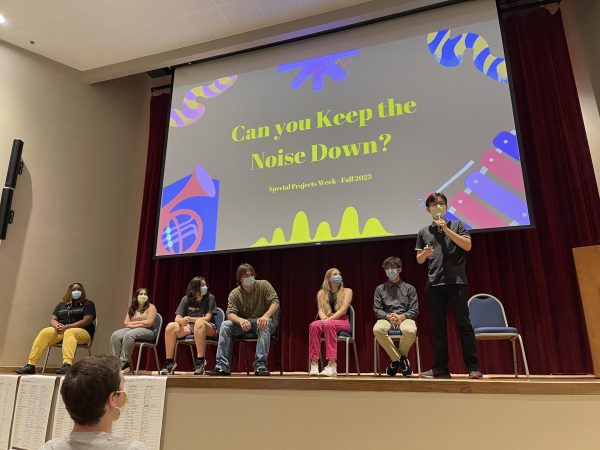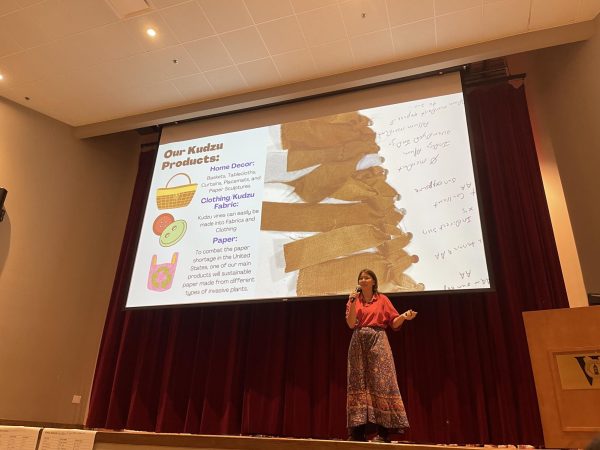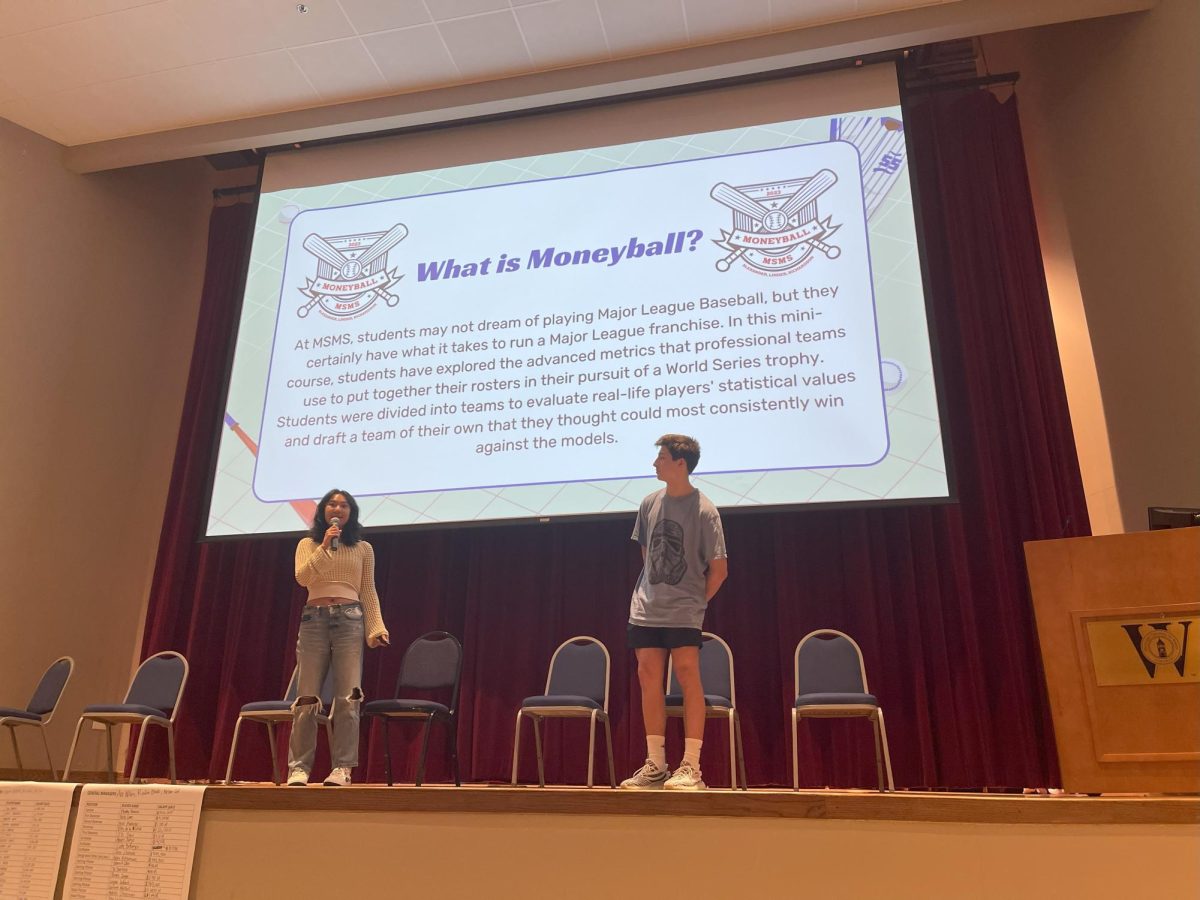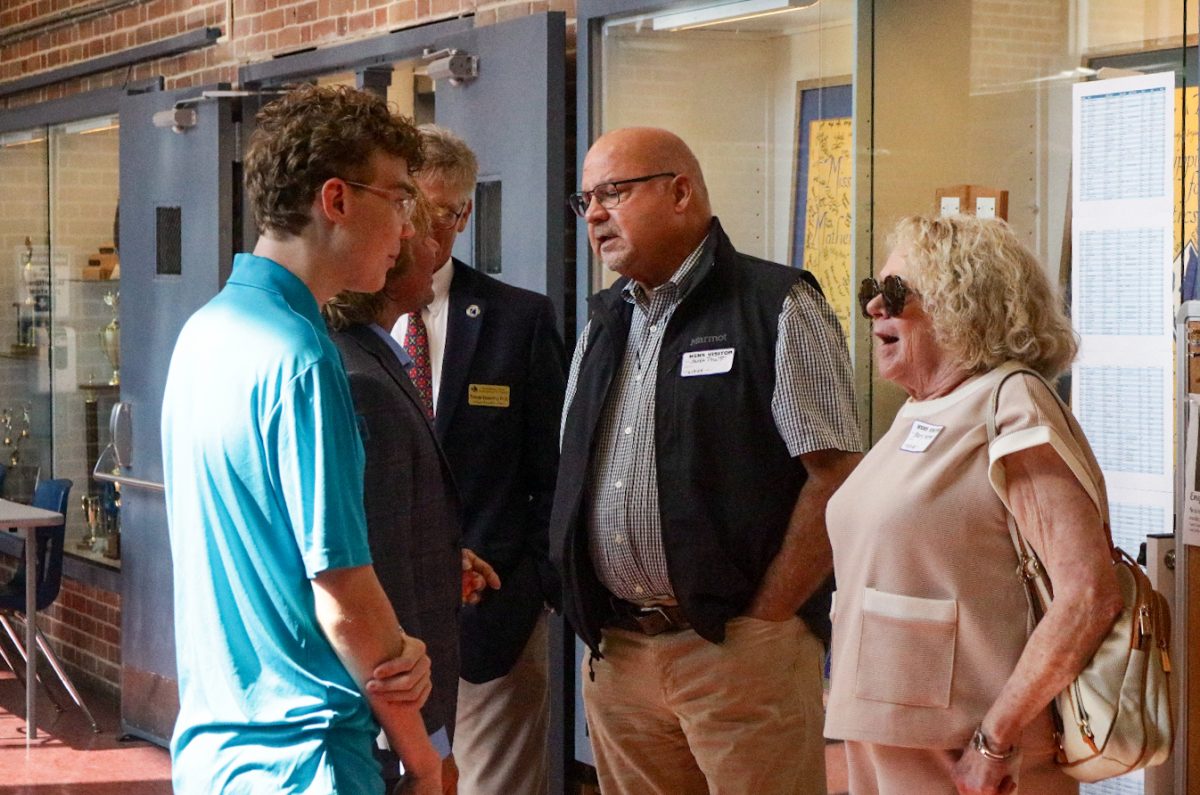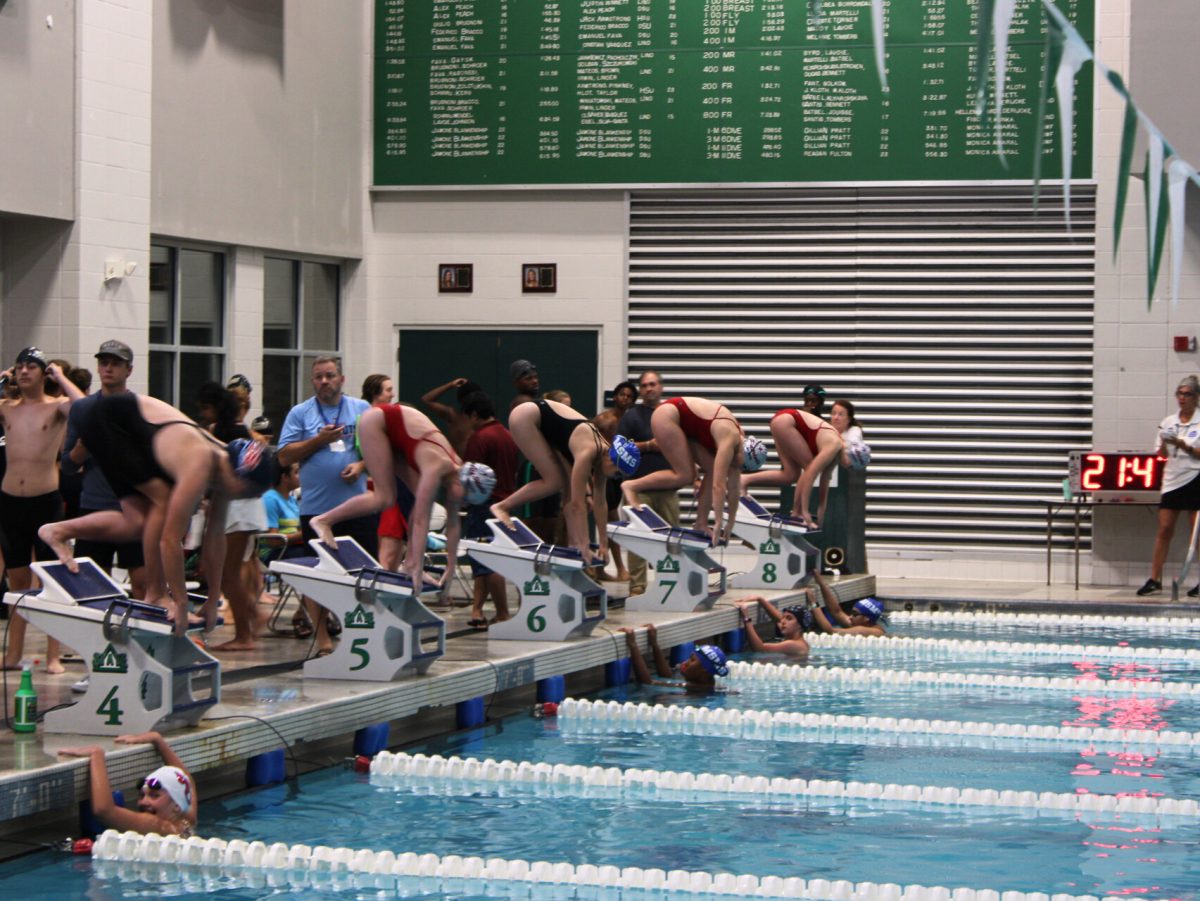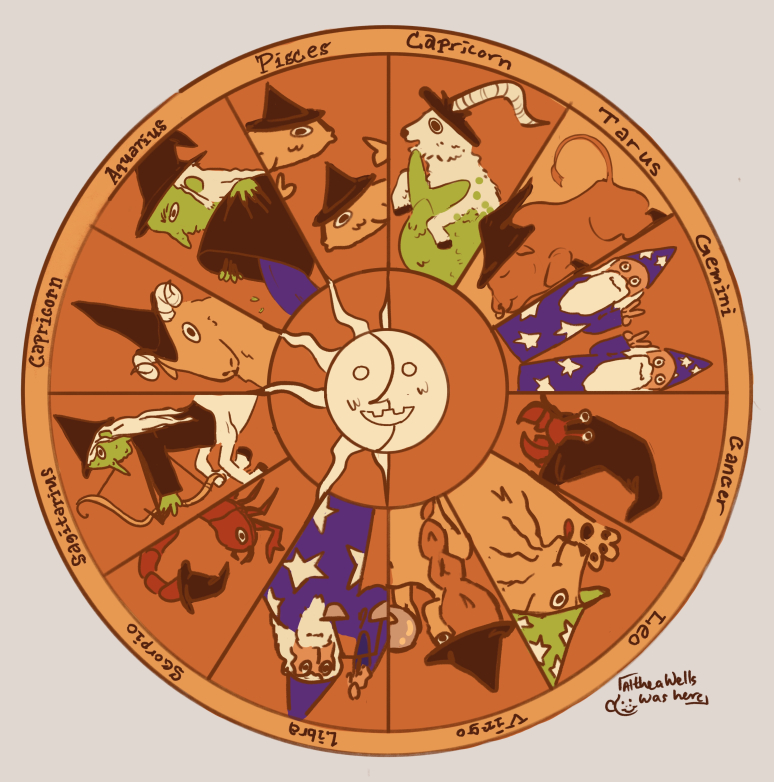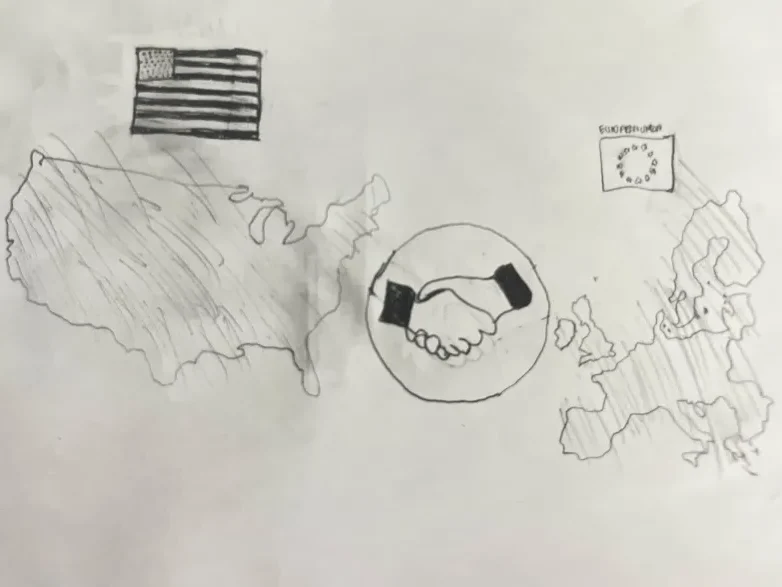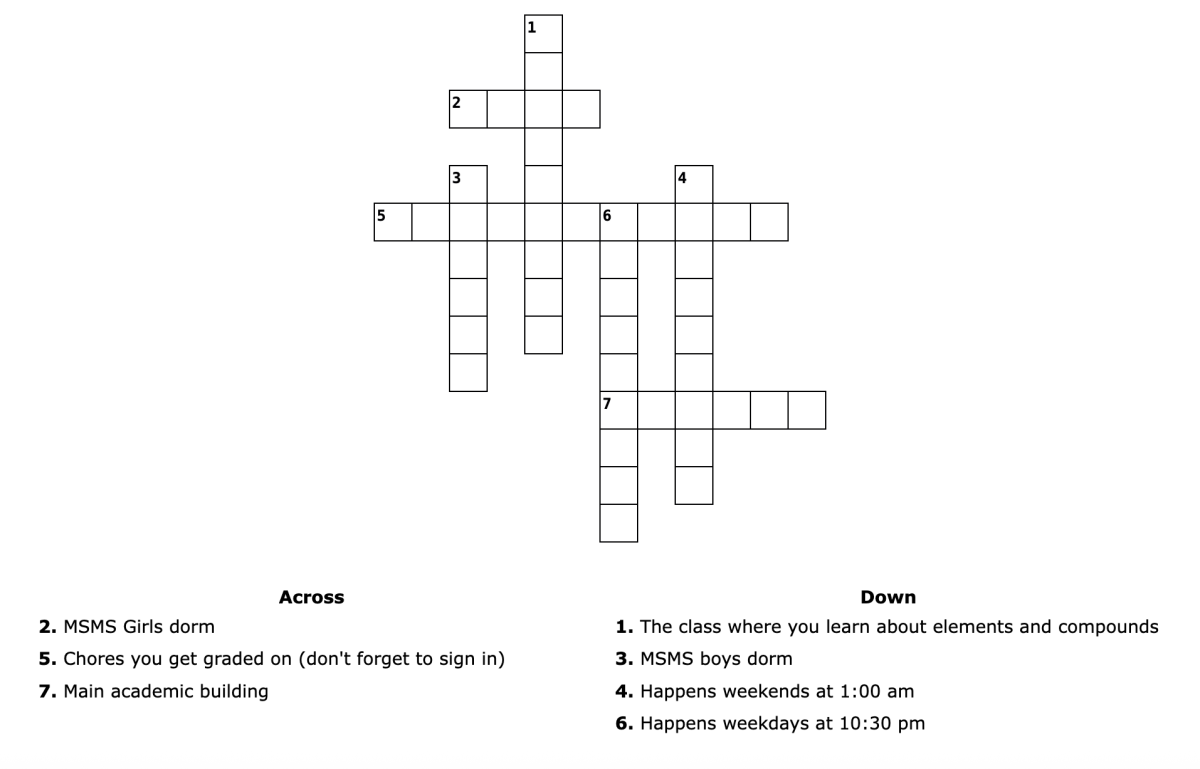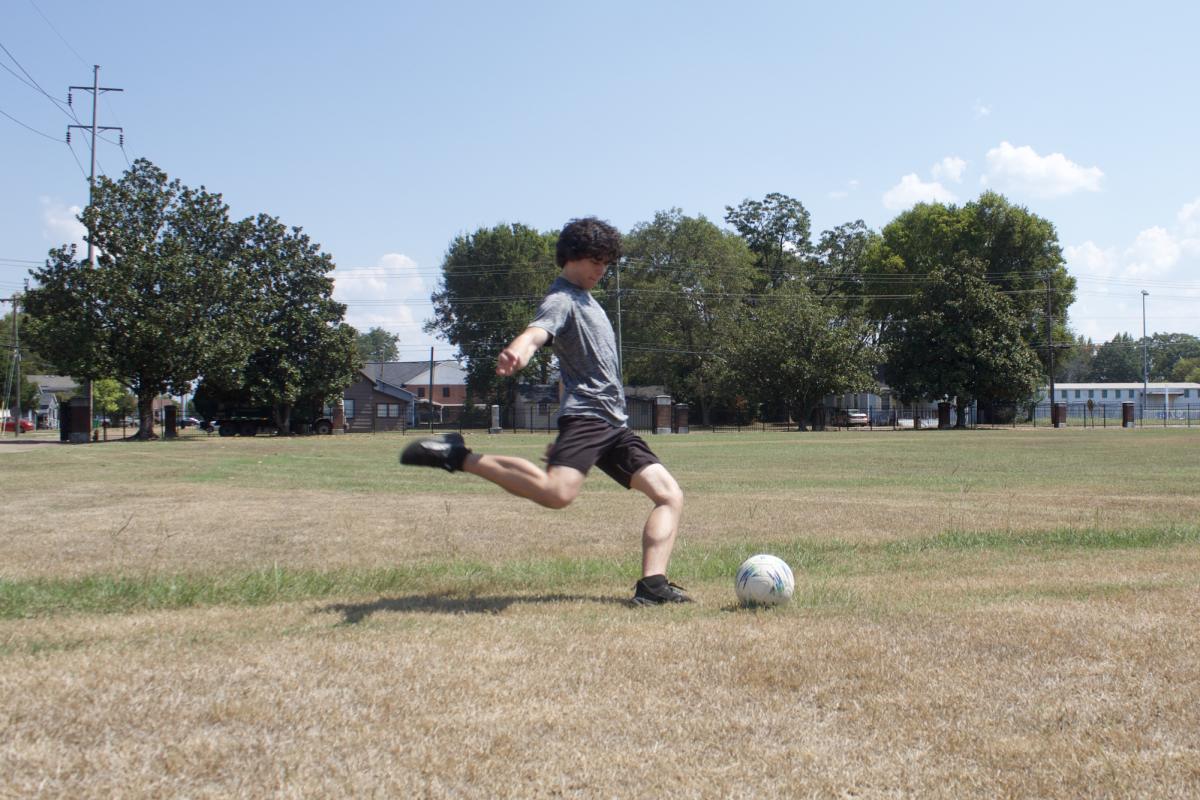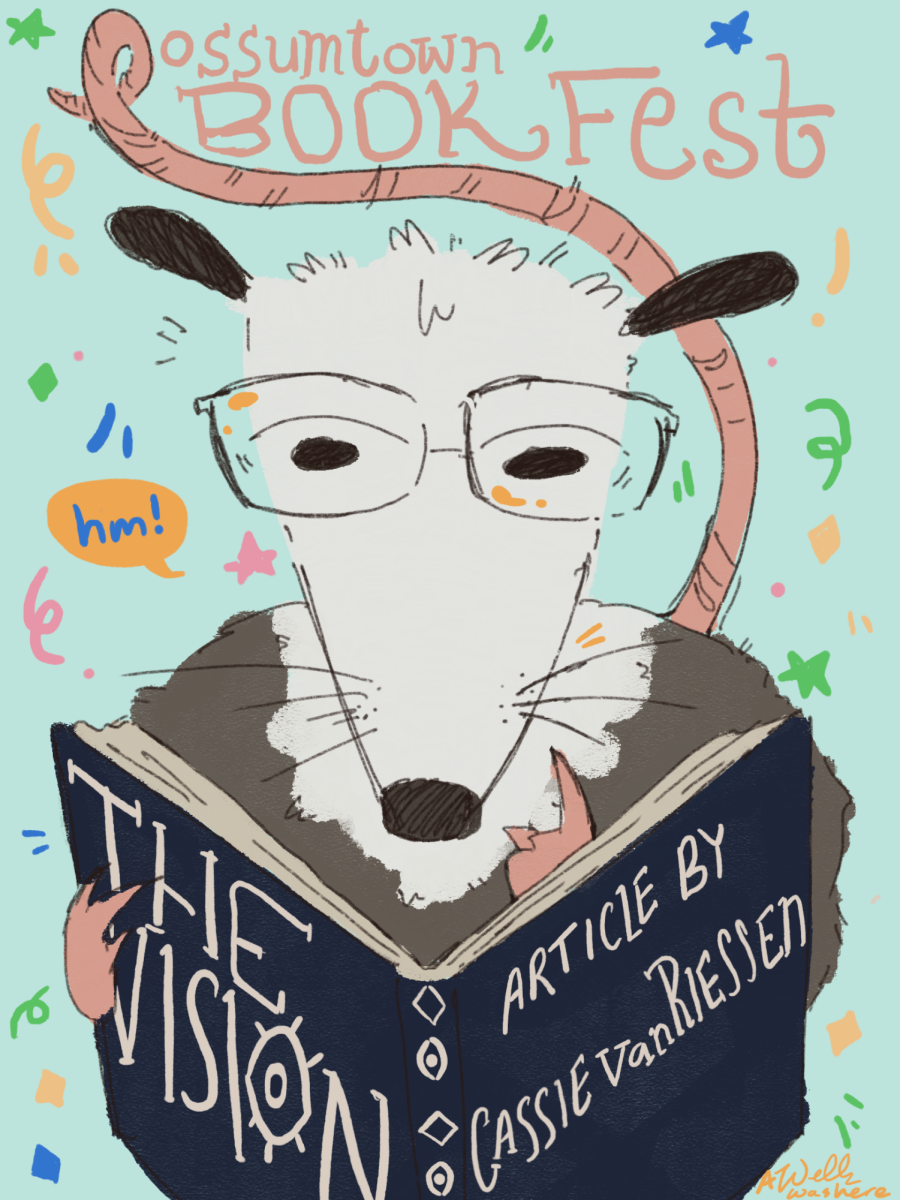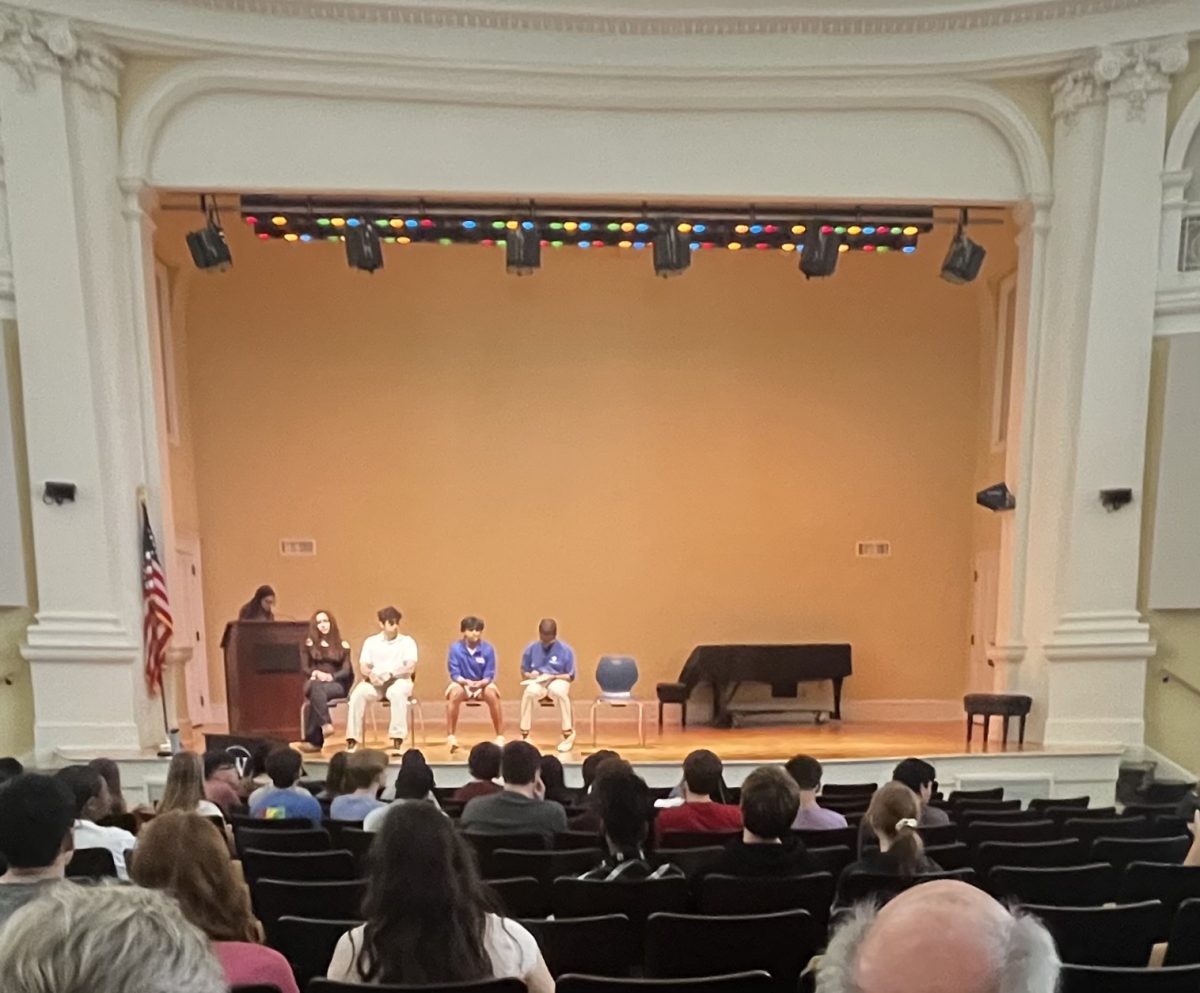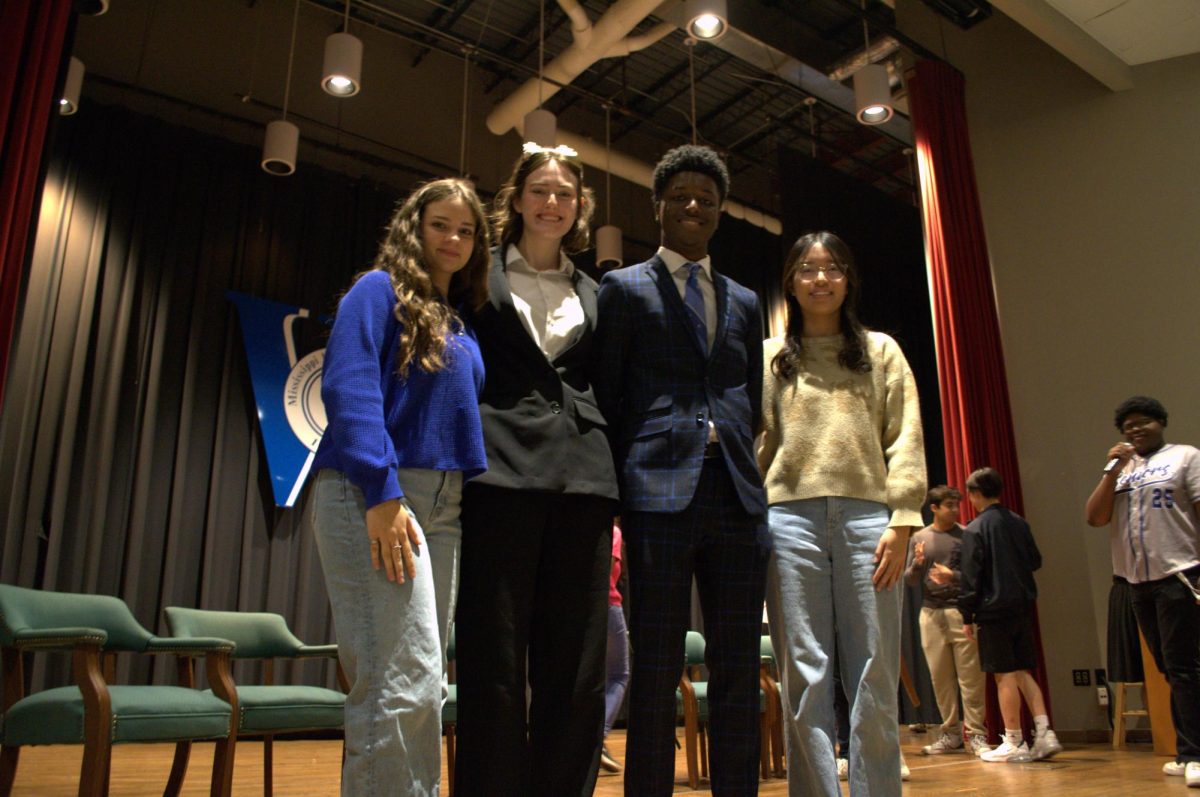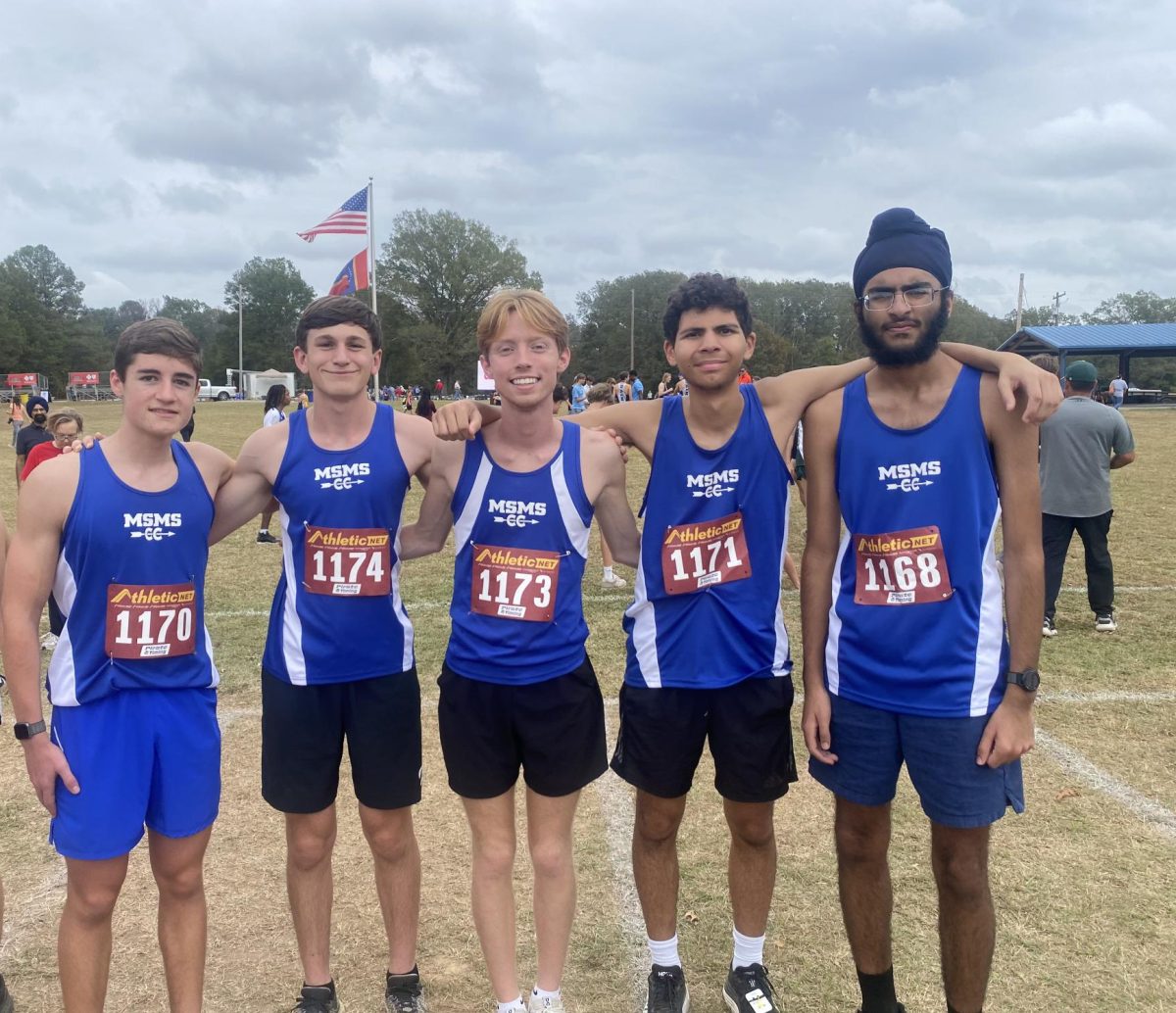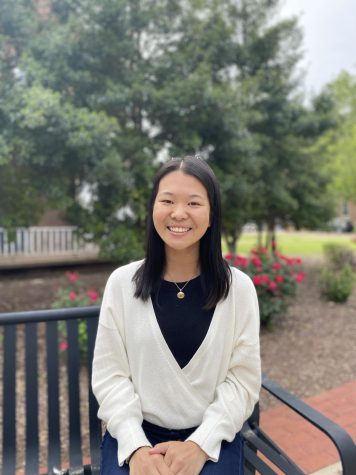Rather than incorporating abbreviated academic classes into this year’s orientation schedule, MSMS offered Special Topics Week from Aug. 7-11 with interdisciplinary mini-semester courses so students could gain exposure to opportunities at MSMS and learn from their teachers outside the typical classroom environment.
At the end of orientation week, students showcased their work to peers and Columbus community members at the Special Topics Exposition on Aug. 11.
Despite this year being MSMS’ first time offering Special Topics Week, Director for Academic Affairs Ginger Tedder said the idea to offer these classes has long been in the making.
“We [as faculty and administration] have been talking about [the idea] for several years: doing interdisciplinary projects aside from the traditional academic schedule to pair with orientation,” Tedder said. “It was truly an experiment to find something different and still spark creativity and inquiry among our students.”
Faculty began preparing for courses last spring by partnering with each other and combining their academic passions into cohesive courses. After a few faculty planning meetings, former Director for Academic Affairs Clear Moore sent an email to rising seniors about the change in orientation week classes and attached a course catalog, with options including Food for Thought (combining chemistry and cooking) and Moneyball (applying statistics to baseball) among others. Rising seniors then ranked course preferences, and incoming juniors did the same over the summer.
During orientation week, students took their assigned class every morning, learning from faculty and collaborating with classmates to create presentations for the Special Topics Exposition.
Senior Landon Tu took Language Engineering, Computational Linguistics and AI and said the course’s content was interesting and engaging.
“We looked at the building blocks of languages, as well computational linguistics, which focuses on puzzles involving languages,” Tu said. “We also looked at artificial intelligence’s impact on language and how platforms like ChatGPT try to predict language responses.”
Junior Alex Bodmer took Reuse Refuse and researched how to repurpose materials including kudzu and plastic. She said the class significantly enriched her orientation experience.
“[My] Special Topics class introduced me to the MSMS teaching environment, so it doesn’t feel strange anymore,” Bodmer said. “It was good to have a class to ease into in the morning and then fun orientation activities later in the afternoon.”
Senior Jeremy Hathorn took Cryptography and said he enjoyed the experience, and not just for its content.
“The class built a bridge between seniors and juniors,” Hathorn said. “I feel like it truly nurtured a community during all the orientation events.”
MSMS math instructor Shae Koenigsberger taught Cryptography along with Kendra Winnick, one of MSMS’ computer science instructors. Though Koenigsberger said the idea for the class first evolved from a faculty meeting last year, she had already developed much of the course’s content before then and primarily worked with Winnick to combine cryptography’s math and programming aspects together.
“I teach a cryptography class, Krypto Kraze, for MSMS’s high school summer camps, and I modified much of my previous content for this class,” Koenigsberger said. “I heightened the problem-solving for MSMS students, but I used a lot of the same ideas, [especially the] ciphers. The added problem-solving came when students created ciphers using Python programming.”
Tedder said she greatly enjoyed facilitating faculty and student needs, as well as coordinating the logistics for the week.
“I came into [MSMS] with the plans somewhat set already for Special Topics week, so I facilitated and assisted faculty with getting the week off the ground and completing it,” Tedder said. “I enjoyed speaking to faculty, trying to understand how their visions came about for their classes, meeting students [and] going around to see their class experiments.”
At the end of the week, students presented their work in Rent Auditorium. Presentations ranged from research posters to performance skits.
“Everyone went into [the exposition] not really knowing what it would look like,” Koenigsberger said. “My class’s presentation looked a little different [since] we created a PowerPoint of pictures and things we had done throughout the week.
“It was nice to see what everybody had done, as well as see juniors up on stage talking in front of everyone and demonstrating their leadership,” she added.
Despite Special Topics classes offering a unique opportunity to learn from faculty outside the traditional classroom, some seniors, including Tu, said they still missed regular abbreviated classes during orientation week.
“Initially in the spring, when the class options were sent out, I thought Special Topics replacing regular classes was a very good idea,” Tu said. “I thought the topics were cool and would give students a more enjoyable experience than normal orientation. However, coming into the school year, I realized starting classes earlier is better because we’re able to get the ball rolling faster. Special topics slowed [the process] down.”
Koenigsberger said even though she enjoyed Special Topics Week for its fun, it was still exhausting due to the lack of regular academic classes.
“In the back of my mind, I kept thinking, ‘You need to prepare for Day 1 of your real classes,’” Koenigsberger said. “Those worries took away from time to prepare, but overall, it was still a blast, and I would do it again.”
Tedder said there’s still a lot of room to improve Special Topics Week, and MSMS administration is actively gathering feedback and reflections to better the experience in the future.
“Special Topics would be better if it was done in conjunction with a normal school week,” Tu said. “Students could go through a shortened school day, and in the afternoon, something like Special Topics could be hosted as an after-school bonding activity, instead of taking up half the day.”
Tedder agreed possible changes may involve the week’s timing.
“I think we may want to do it at the end of the first semester or the beginning of the second semester,” Tedder said. “All conversations are on the table, and the informed decision we make will be driven by feedback from our faculty and students.”
Considering this was the first Special Topics Week MSMS has ever tried, Tedder said the classes gave a more balanced orientation experience to everyone.
“It was a fantastic opportunity for all students — both seniors and juniors — to see another side of our faculty, their passions and some of the things they love about their content, which might have brought it to life for our students as well,” Tedder said. “It was also just a way to settle in; the classes paired well with orientation, and it presented an opportunity to build relationships and foster critical thinking — all things we do in our classes, just done in a different way.”
